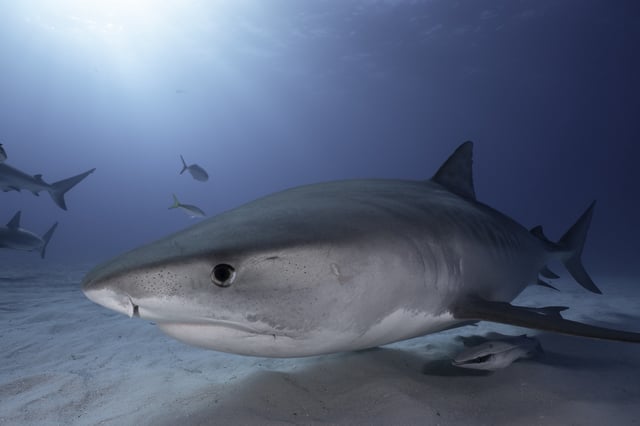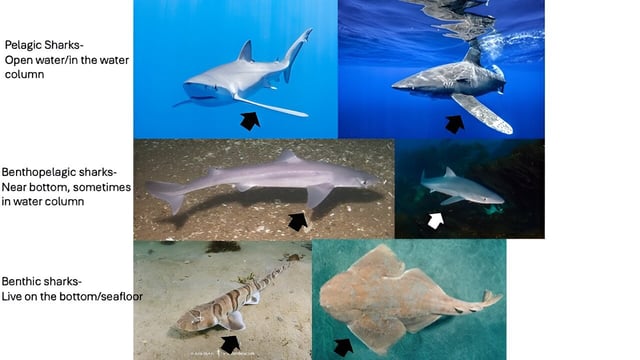Overview
- Underwater volcanic eruptions increased ocean temperatures and carbon dioxide levels, driving shark evolution.
- Sharks developed elongated pectoral fins, enhancing their swimming efficiency and aiding their adaptation to open waters.
- Researchers measured over 500 living and fossilized shark species to document these evolutionary changes.
- The study highlights the complexity of predicting marine life responses to current rapid climate changes.
- Only about 13% of modern sharks are swift open-water predators, with most still inhabiting the ocean floor.


